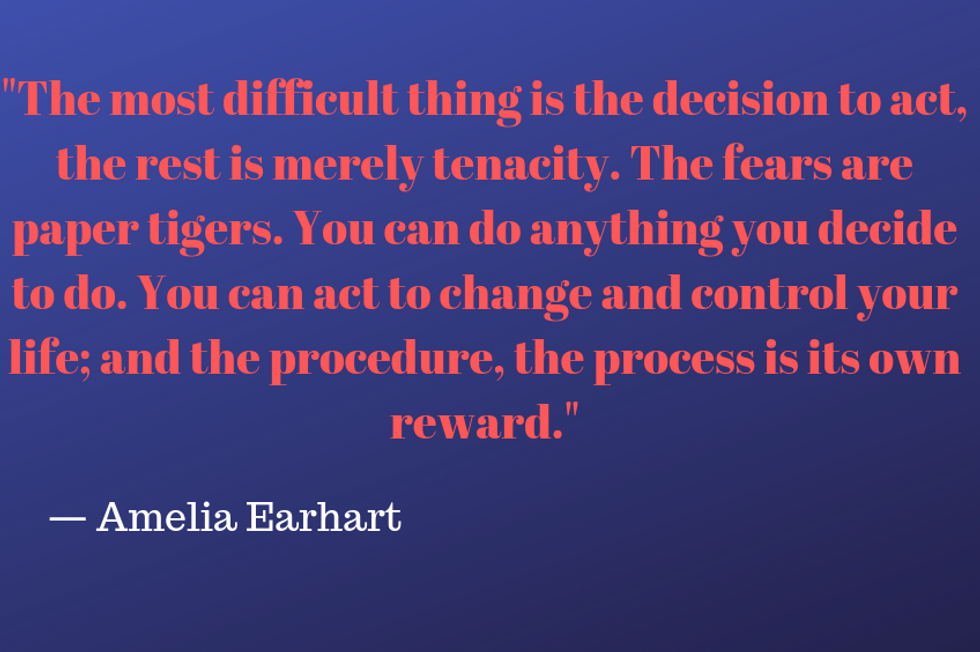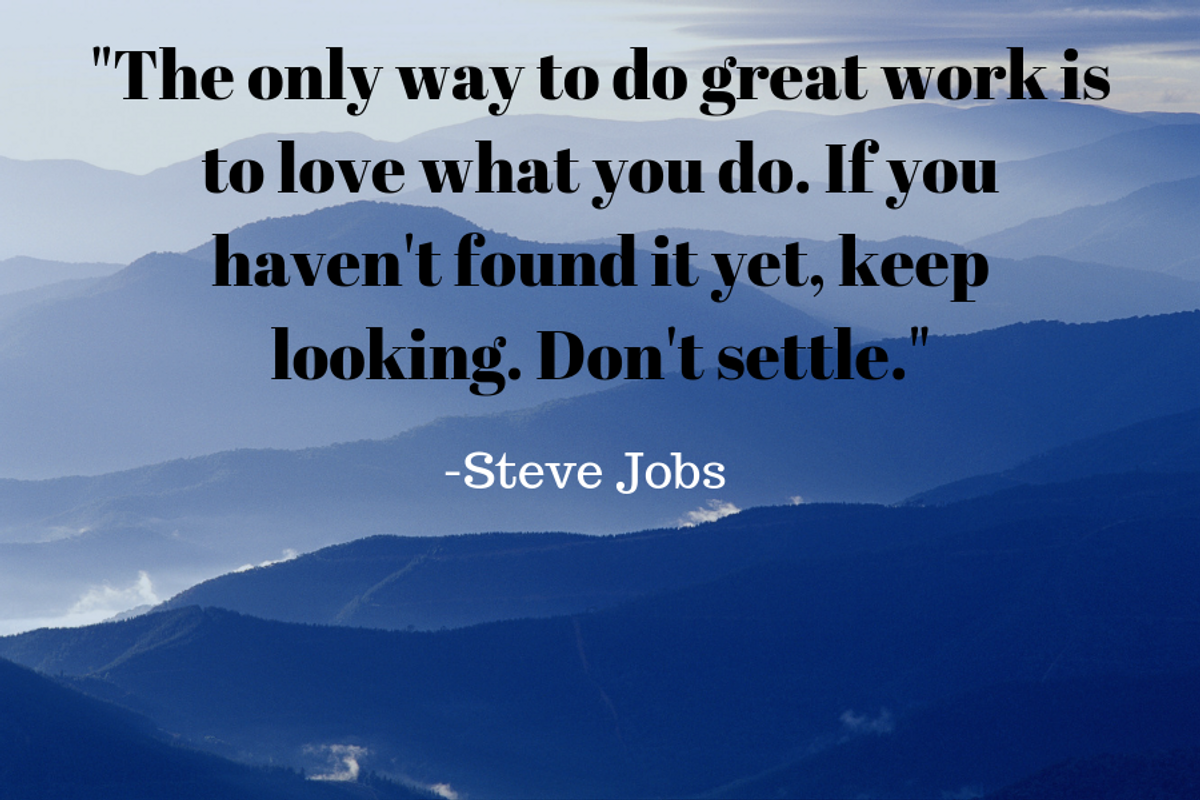3 Tips For Improving Your Executive Resume

Even executives who’ve had several years of experience in a profession can find it hard to secure a new job. The problem clearly isn’t lack of experience, but rather understanding how to best position themselves on their resume so that employers will take notice of what they have to offer.
When you’re a senior executive, there’s typically no shortage of information to include on your resumeâand that’s where the problem lies. When there’s no strategy for writing a resume, the end result is usually a mishmash of information that doesn’t help employers understand exactly how and why you would fit their needs.
So, how can an executive write a resume that will stand out to employers?
The tips below will help you write a strategic and effective executive resume with ease.
Present Information That Aligns With The Employer’s Needs

When employers review your resume, they are looking to understand how you may fit into the role they are looking to fill and the organization. A resume that is written like an autobiography (everything from past to present with no filter on what information is appropriate to include) fails to provide customized information that shows you meet their needs.
What you need to do is highlight the specific experience and skills that align with their needs. In other words, you need to customize your resume for each job you apply for. You do that by carefully reviewing the job posting, understanding what the specific needs are, and then thinking about how you’re proficient in those areas.
Utilize an executive headline and relevant skills (not an objective statement) at the top of your resume to present highlights of what you have to offer to meet the employer’s needs.
Demonstrate How You Brought Improvement/Results To Your Previous Jobs

While detailing roles and responsibilities at previous jobs under “Work History” can help improve keyword matches when the resume is run through the applicant tracking system (ATS), it needs to present other information once it gets in the hands of a human reviewer.
The human reviewer will be looking for information on how your actions on the job brought results. This requires you to quantify your accomplishments on your resume. When you write quantifiable results on your resume, it provides employers with a much better understanding of the type of experience and situations you’ve faced and what you’re capable of achieving on the job.
Connect With The Employer
Those who are hired for the job are typically job candidates who’ve related well with the employer. They’ve shown how they fit in and share similar passions.
To help build that connection with the employer on the resume, indicate professional affiliations, volunteer work, and other aspects that may be outside of work that are relatable. For example, if you know the employer is heavily involved in community work helping pets in need and you’ve volunteered at an animal shelter, include a brief mention at the end of your resume to help build a stronger connection. Your professional affiliation with related fields and industry groups also helps demonstrate to the employer you share a passion in the same space as they do.
These are simple strategies to help improve your executive resume. The more you can tailor your information, the easier it is for employers to take notice of you and initiate follow-up action. Show employers you can meet their specific desires and needs and connect with them by showing you share similar passions!
Need more help with your executive resume?
Check out our executive-level membership and start working with career expert J.T. O’Donnell on branding your executive resume today!
This article was originally published at an earlier date.

































